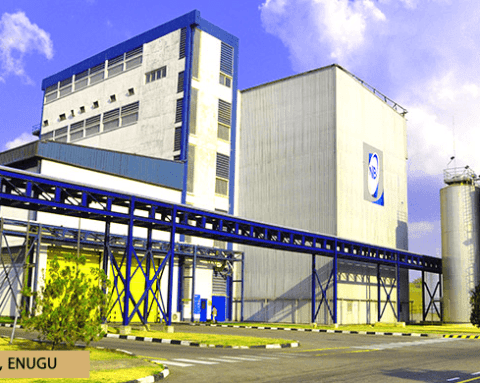The National Insurance Commission (NAICOM) has issued a warning to insurance and reinsurance companies in Nigeria regarding the new Minimum Capital Requirements (MCR).
The Nigerian Insurance Industry Reform Act (NIIRA) 2025, signed recently by President Tinubu on 31 July 2025, introduced a new MCR for insurance firms.
Join our WhatsApp ChannelThe new capital thresholds introduced by the law are: Life insurance companies, ₦10 billion (up from ₦2 billion); Non-life insurance companies, ₦15 billion (up from ₦3 billion); Composite insurers (life + non-life): ₦25 billion; Reinsurance companies, ₦35 billion (up from ₦10 billion). This represents a 250–400 per cent increase for most categories.
In a circular signed by the Deputy Commissioner (Technical), Dr Usman Jankara, NAICOM mandated all insurance and reinsurance companies in Nigeria to meet the new capital requirement within 12 months, effective from 31 July 2025 (the date of Presidential assent) to 30 July, 2026.
NAICOM said any insurance firm that meets the new requirement will be issued a fresh operating licence, while those that fail to comply within the stipulated timeframe will either be liquidated, merged, or face “any other regulatory resolution action as may be deemed appropriate by the Commission.”
The commission said it would publish comprehensive guidelines and circulars outlining the recapitalization exercise’s procedures, including the MCR’s composition, permissible capital forms, and capital verification protocols.
Encumbered assets, assets without perfected title or ownership, and assets not fully in the possession of an insurer or reinsurer are all prohibited from meeting the MCR, according to the NAICOM deputy commissioner’s explanation of the asset recognition criteria.
READ ALSO: NIIRA 2025 Will Boost Policyholders’ Confidence In Insurance Industry – Expert
“Assets that do not meet the prescribed criteria or surpass prudential thresholds will also be considered inadmissible,” he added.
NAICOM or its agents will verify all assets submitted for MCR compliance.
It emphasised that companies must bear costs for non-standard verification (e.g., complex asset assessments).
Industry Impact
The insurance industry reforms aim to strengthen financial stability and public confidence in the sector; align with global best practices under NIIRA 2025; and ensure insurers can cover liabilities and absorb shocks.
NAICOM pledged transparency in the implementation of the reforms.
Victor Ezeja is a passionate journalist with seven years of experience writing on economy, politics and energy. He holds a Master's degree in Mass Communication.













